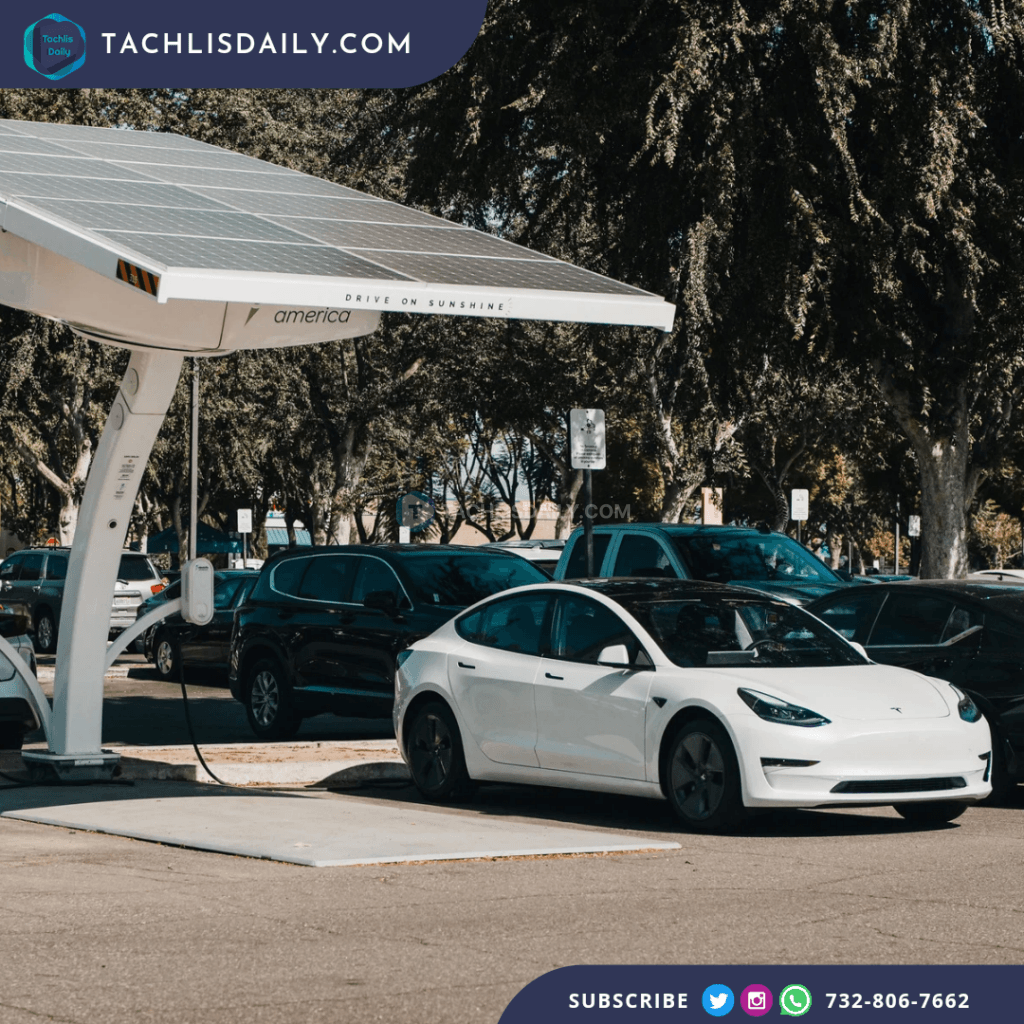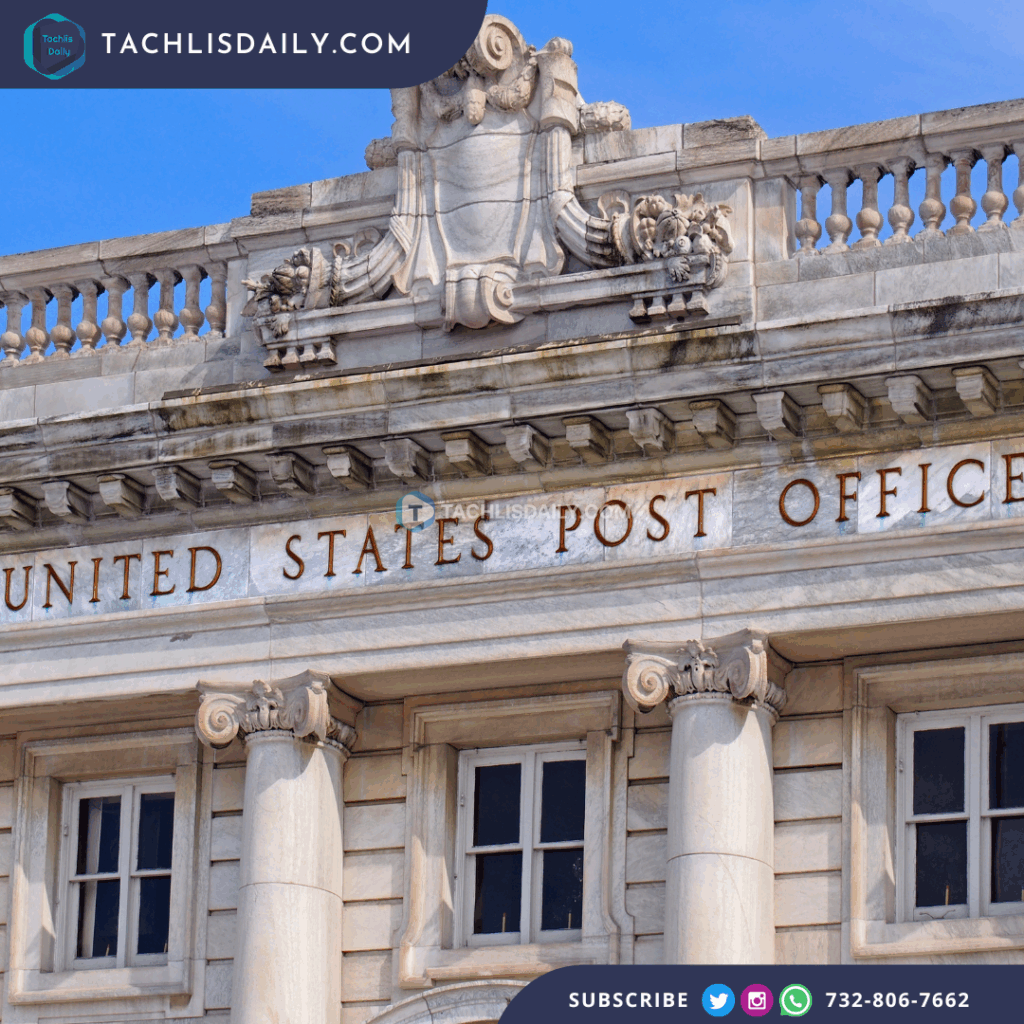The $7,500 federal tax credit for electric vehicle (EV) buyers may be on the chopping block in President Donald Trump’s upcoming administration. While this move could challenge many automakers, it may strengthen Tesla’s position as the most profitable EV manufacturer in the U.S.
Unlike traditional automakers, who face significant losses on every EV they sell, Tesla has consistently turned a profit due to its production efficiency and sales volume. The removal of the EV tax credit would likely push manufacturers like Ford and General Motors to reduce EV production, limiting competition for Tesla. These legacy automakers have already admitted to struggling financially with EV sales.
Without the tax credit, prices for EVs across the board might drop. While Tesla’s profits could take a slight hit, the company is better positioned than its rivals to weather such changes. Historically, Tesla has responded to competitive pressure by lowering prices to maintain demand, leveraging its strong margins and market dominance.
During his campaign, Trump suggested that eliminating the tax credit would reduce government subsidies and promote free-market competition. Tesla’s CEO, a strong advocate of this move, has previously stated that such policies would ultimately benefit his company by reducing reliance on subsidies while increasing market pressure on competitors.
Meanwhile, the broader auto industry remains concerned about the implications. In October, major automakers, represented by the Alliance for Automotive Innovation, lobbied Congress to preserve the tax credit, emphasizing its importance for consumer affordability and EV market growth.
Trump’s potential decision to eliminate the tax credit reflects his administration’s focus on deregulation and industry competitiveness. As automakers brace for the potential shift, Tesla seems poised to emerge as a major beneficiary.











